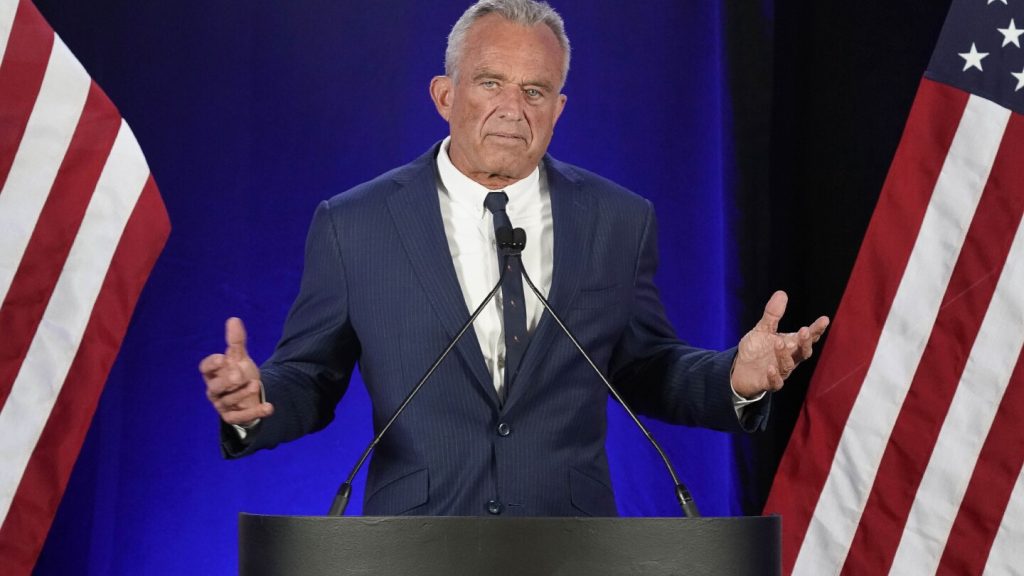Two separate state Supreme Courts ruled differently on Monday in regards to Robert F. Kennedy Jr.’s efforts to be removed from their presidential ballots. In Michigan, the Supreme Court reversed a lower court decision and allowed Kennedy to remain on the ballot despite his withdrawal from the race. Kennedy had sued the Secretary of State in Michigan to have his name removed to avoid siphoning votes away from Republican nominee Donald Trump. This decision ensures that Kennedy’s name will appear on the ballots in Michigan. However, in North Carolina, the Supreme Court ruled to deny efforts to have him removed from the ballot, leading to the need to reprint ballots without his name.
In North Carolina, the State Board of Elections had rejected a request by the We The People party to withdraw Kennedy from the ballot, citing practical reasons such as ballot distribution processes already in motion. Kennedy then sued the Board, leading to a legal battle that resulted in the Supreme Court decision to remove his name from the ballot. This decision will require elections officials to reprint ballots without Kennedy’s name, causing additional costs for counties. The court’s ruling stated that a vote for Kennedy would not count, and efforts are being made to expedite the reprinting process.
The North Carolina Supreme Court’s decision, backed by four of the court’s Republican justices, emphasized the importance of protecting voters’ fundamental right to vote their conscience and have their vote count. The dissenting justices raised concerns about the impact of the ruling on voters who wished to vote as soon as possible. Meanwhile, in Michigan, the Supreme Court’s ruling allowed Kennedy to remain on the ballot, citing a state law that prohibits candidates from withdrawing after accepting a minor party’s nomination. This decision was met with criticism from dissenting justices who expressed concerns about the national implications.
In response to the decisions, Michigan’s Secretary of State expressed gratitude for the swift response from the high court, allowing the ballot printing process to proceed. Kennedy’s attorney criticized the Michigan ruling but acknowledged that the North Carolina decision ensures voters do not inadvertently vote for a candidate who is no longer running in the state. The legal battles surrounding Kennedy’s removal from the ballots highlight the complexities and challenges faced by election officials in ensuring a fair and accurate voting process. The differing rulings in Michigan and North Carolina are likely to have implications on the upcoming presidential election and voter behavior in these battleground states.


